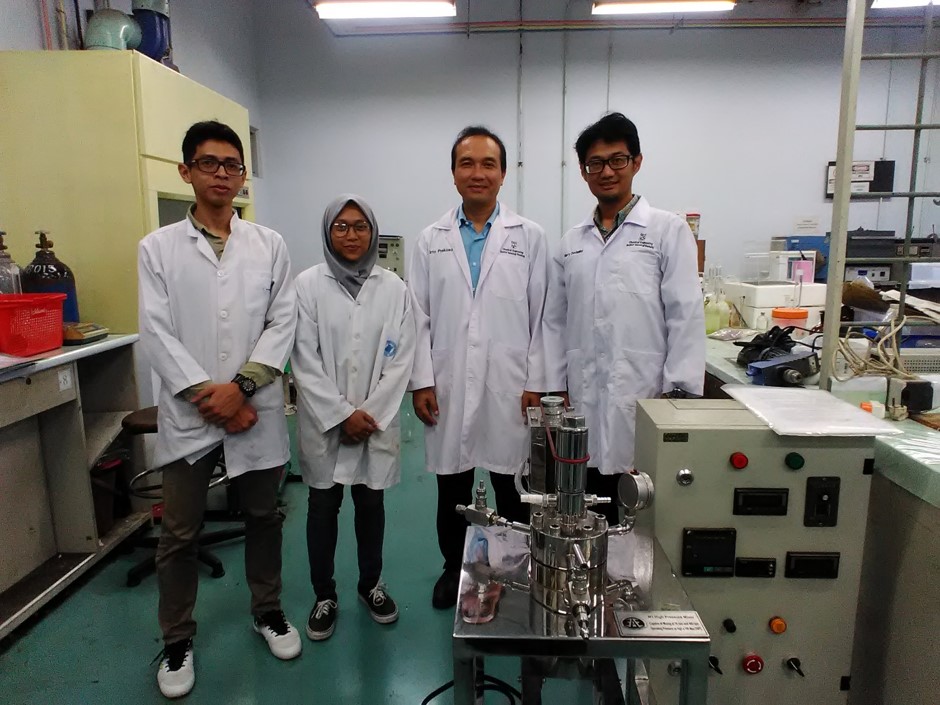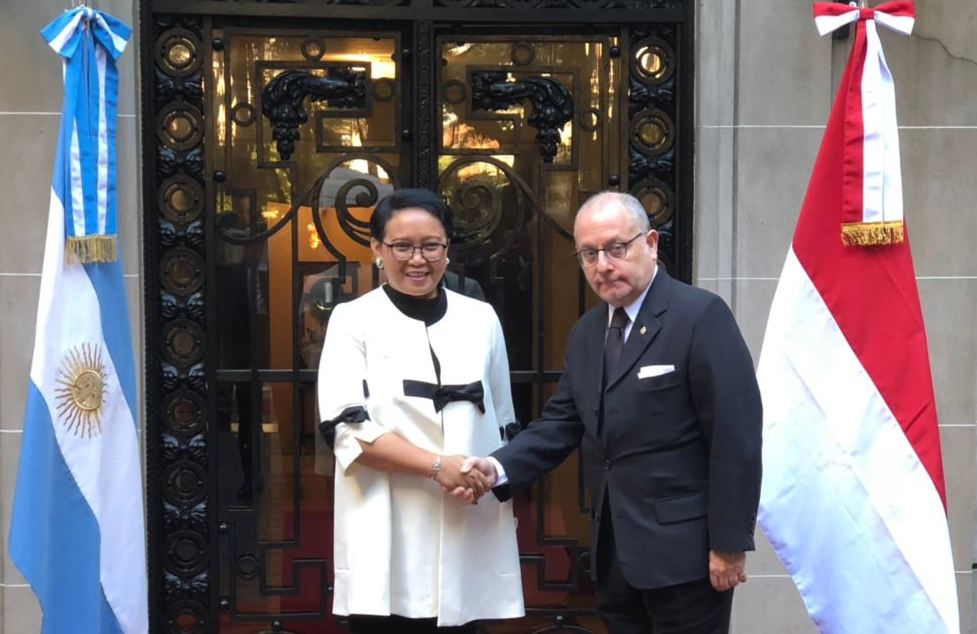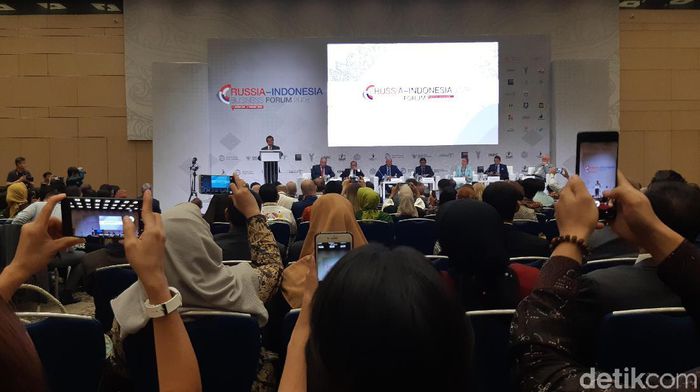ITB Researchers Create Supercapacitor from Palm Oil Waste
Four researchers from the Bandung Institute of Technology (ITB) have created a supercapacitor for electric cars from carbon extracted from palm oil waste.

Four researchers from the Bandung Institute of Technology (ITB) have created a supercapacitor for electric cars from carbon extracted from palm oil waste. The four researchers extracted carbon from the biomass waste and produced nanocarbon to create the superconductor.
Supercapacitors are currently made from precious metal, making their prices quite high.The researchers -Tirto Prakoso, Isdiriayani, Hary Devianto and Pramujo Widiatmoko extracted the carbon by hydrothermal carbonization using zinc chloride (ZnCl2) as an activator.
After eliminating the unwanted metal mineral the resulting biochar and bio-oil in then put under a number of specific treatments to finally produce graphene, active carbon and Carbon Nanotubes (CNT.)
The active carbon is used to form the support layer while the graphene and Carbon Nanotubes, which possess high electron transfer capabilities, are used to cover it. The resulting supercapacitor has a capacity of three farads per gram.
Under the process, the yield of the dry biomass can reach 70 percent and the process can provide an added value of some 500 times superior to the initial value of the biomass waste, the report said.
Oil Palms are rich in carbon it fixated from the CO2 in the atmosphere. The waste from the production of crude palm oil is empty fruit bunches, fibers, and kernels. These are mostly waste with a minimal amount used as a biomass to produce energy.
This biomass has a high content of hemicellulose, lignin, and cellulose and this allows an extraction of the carbon content. (Gapki/Palm Scribe)




































